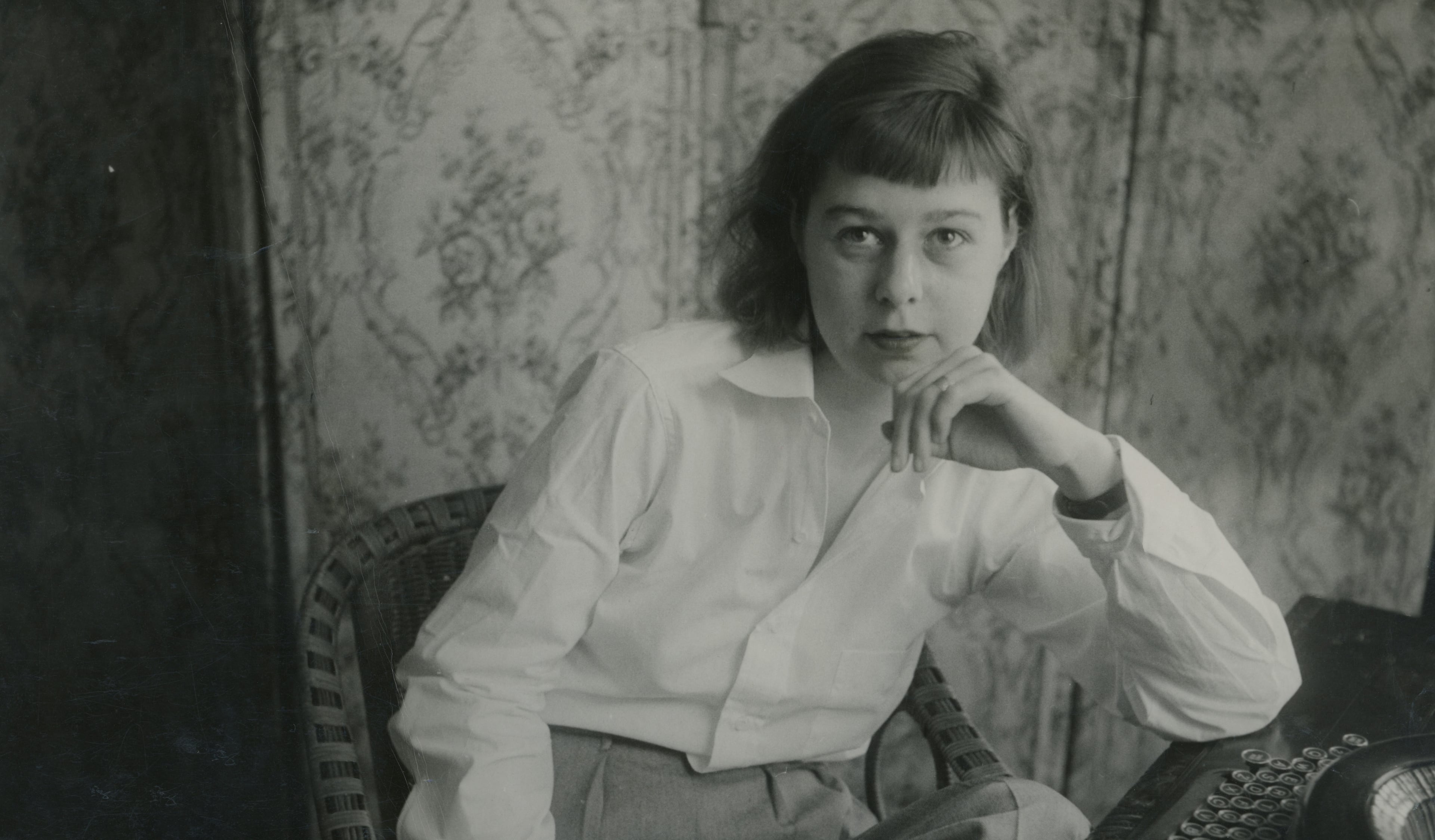Suzanne Vega to appear in new documentary about Carson McCullers

When she was a teenager, Suzanne Vega read a short story by Georgia novelist Carson McCullers that stuck with her. Called “Sucker,” the haunting piece focuses on a boy who reaps what he sows after mistreating his younger cousin, an orphan who lost his parents in a car wreck. To Vega, McCullers’ writing was tough in tone, realistic and modern.
Years later, Vega read a biography Virginia Spencer Carr wrote about McCullers and would go on to write a one-act play with five songs about McCullers for her senior thesis at Barnard College.
This was before the Grammy-winning singer-songwriter began her music career and recorded her 1987 hit songs “Tom’s Diner” and “Luka.” But the play would resurface in 2011 as “Carson McCullers Talks About Love,” when she performed it Off Broadway, and again in 2016 as the album “Lover, Beloved: Songs from an Evening with Carson McCullers,” and still again in 2022 as a film.
Vega honors McCullers once more in a forthcoming documentary, reading one of the Columbus native’s most famous passages. The documentary also features some of Vega’s songs.
“I dug deep for this,” said Vega, who is working on a new album and is poised to go on tour next month. “I have had a lot of fun sort of communing with her and going in and out of this project, which has been … a lifelong passion.”

The documentary — which is expected to screen in Europe this year and possibly the United States afterward — is among several new projects that focus fresh attention on McCullers.
A new biography, “Carson McCullers: A Life” (Knopf, $40) by Mary V. Dearborn, was released in February. A collection of her letters is due out next year. Her childhood house in Columbus — home to Columbus State University’s Carson McCullers Center for Writers and Musicians ― just underwent a significant renovation. And her home in Nyack, New York, is scheduled to undergo a major overhaul, one that will transform it into a hub for Columbus State University students, faculty and artists.
Vega is gratified McCullers is getting more scrutiny.
“I hope people acquaint themselves with her. There is so much there to unpack. She was such a rebel in a way,” Vega said. “I am looking forward to hearing what people have to say about her work.”
“The Heart Is a Lonely Hunter” is Vega’s favorite story by McCullers. Set in the South, the author’s debut novel is told from the perspectives of a deaf man, a young girl, a restaurateur and a doctor. Their braided narratives explore loneliness, alienation, poverty and racism. A bestseller, the novel made McCullers famous at 23.
“That to me is a beautiful classic work that was way ahead of its time,” Vega said, “and all the more remarkable because of her youth when she wrote it. I love her characters.”
The documentary, “Wunderkind: Carson McCullers,” is being co-produced by Claudia Müller, an award-winning filmmaker based in Berlin; the European television channel ARTE; and Columbus State University’s Carson McCullers Center for Writers and Musicians.
In the documentary, Vega reads from a famous passage about love from “The Ballad of the Sad Café.” Also set in the South, the story focuses on a tall, lonely woman who rejects her ex-convict husband and loves a dwarf with a hunchback. It features a passage that outlines McCullers’ bleak philosophy about love in which the lover and the beloved come from “different countries” and the lover suffers from a “strange loneliness.”
Calling the passage beautiful, Vega said it “resonates with me as something that might have been true and kind of romantic in my younger years. But it doesn’t resonate as much with me now. I think it is possible to love somebody deeply. And maybe you are not always connected on the same wavelength, but it is possible to actually have fulfillment and love.”
And yet, Vega said, “Sometimes some of the lines haunt me a little bit.”
Nick Norwood, who leads the Carson McCullers Center for Writers and Musicians and who collaborated on the documentary, was pleased to see Vega read that passage in McCullers’ home in New York.
“That is the most famous passage in all of McCullers’ work, so it was really special to be there when a pro like Suzanne Vega is performing it,” said Norwood, a poet who teaches creative writing at Columbus State University.
Meanwhile, Vega might have reached a stopping point with McCullers. Or maybe not.
“Now, I think I have done enough,” she said, chuckling. “Unless there is some great demand for me to come running out and do Carson McCullers again, I think I am finished for the time being.”



